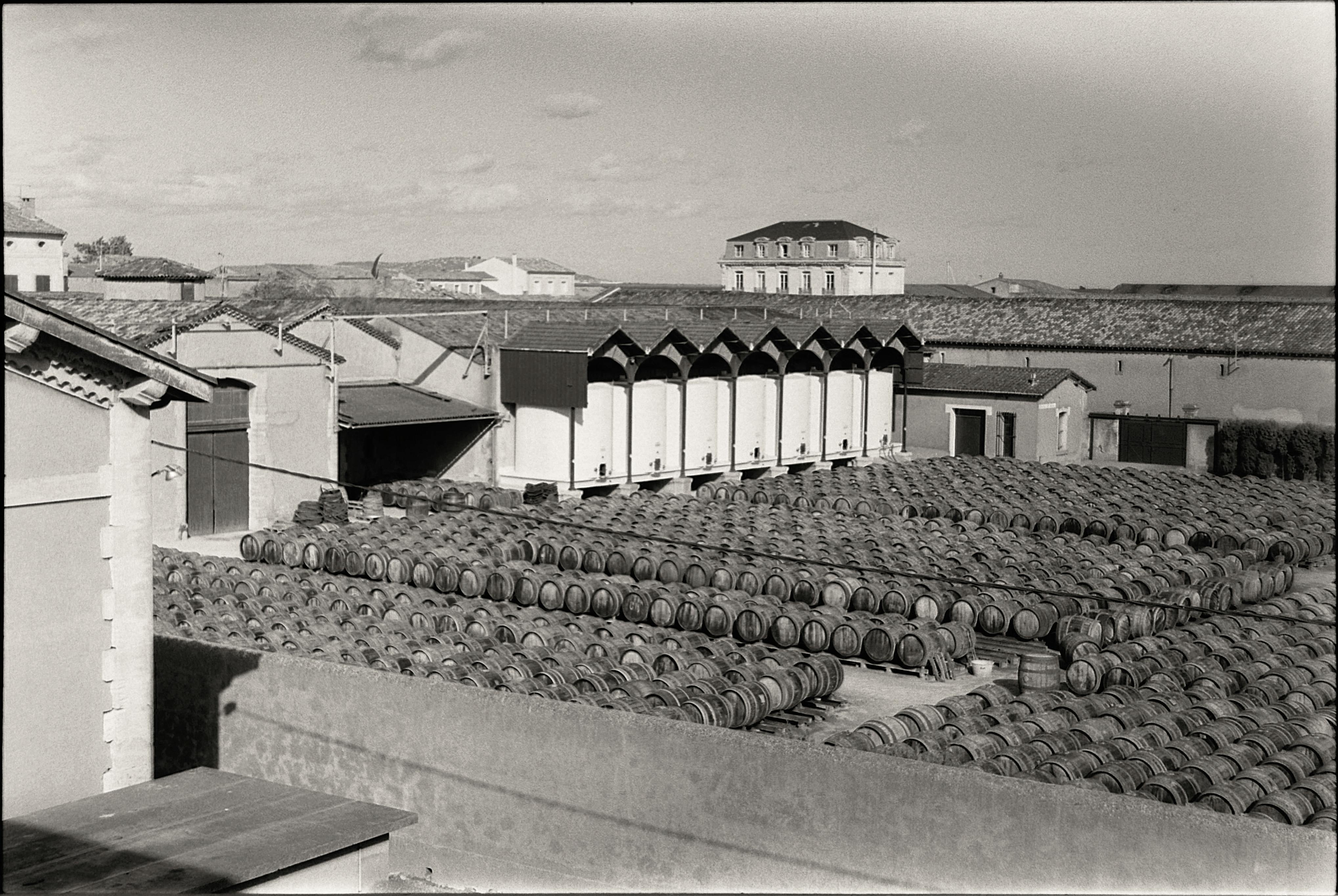Essential Tips for Building Muscle Effectively Despite Alcohol Consumption in 2025
Building muscle while actively consuming alcohol is a challenge many fitness enthusiasts face. The juxtaposition of enjoying social drinks and adhering to rigorous fitness goals can often lead to confusion regarding hydration, nutrition, and overall health. Alcohol interacts with your body in complex ways, particularly affecting the muscle-building process and recovery post-workout. This article aims to unravel the intricacies of building muscle despite alcohol and provide effective tips tailored for 2025.
Understanding the balance between alcohol consumption and muscle growth is vital for those pursuing their fitness goals. You may be surprised to learn that with the right strategies, you can still enjoy your favorite beverages without compromising your muscle gains. The article will discuss key aspects of nutrition, hydration, workout routines, and recovery methods that can help minimize the negative impacts of alcohol on muscle development.
Key takeaways to look forward to include understanding the effects of alcohol on protein synthesis, effective hydration strategies, and nutritional adjustments you can incorporate into your diet. Let’s dive into detailed strategies that will empower you on your muscle-building journey, keeping your health and fitness goals in focus.
Understanding the Impact of Alcohol on Muscle Growth
Building on our introduction, it’s crucial to delve into how alcohol affects muscle growth. Research indicates that alcohol can hinder muscle protein synthesis, which is essential for repairing and building muscle tissues after a workout. When you consume alcohol, your body prioritizes metabolizing it over other functions, which can lead to delays in muscle recovery and increased muscle soreness.
Effects of Alcohol on Protein Synthesis
The body synthesizes proteins using amino acids obtained from dietary sources. Alcohol consumption can disrupt this process, primarily by inhibiting the mTOR pathway, a key regulator in muscle growth. Studies have shown that even moderate drinking can impair muscle recovery and growth, pushing you further from your fitness objectives. Neglecting this relationship may lead to frustrating slowdowns in your progress.
Hydration and Alcohol: A Critical Balance
Alcohol is known to cause dehydration, which poses an additional threat to muscle recovery and growth. Proper hydration is essential for maintaining muscle function and aiding nutrient transport. When consuming alcohol, it is vital to balance your hydration by drinking sufficient water before, during, and after your drinking session. By implementing hydration strategies, you can mitigate some of the adverse effects of alcohol on your fitness.
Caloric Intake Considerations
Alcohol is calorie-dense, providing empty calories that lack nutritional value. Regular high alcohol consumption can lead to an excess in total caloric intake, potentially resulting in unwanted fat gain, which is counteractive to muscle development. Balancing your daily caloric intake with the calories consumed through alcohol is essential to maintain an optimal body composition.

Maintaining Nutrition for Muscle Growth
With these basics established, let’s explore how to optimize nutrition while managing alcohol consumption. A solid nutrition plan can help counterbalance the negative effects of alcohol, reinforcing muscle gains and overall health.
Prioritizing Macronutrients: Proteins and Carbs
When focusing on muscle growth, prioritize protein-rich foods alongside appropriate carbohydrate sources to refuel energy. Aim for a consumption of protein that meets or exceeds 1.6 grams per kilogram of body weight to encourage optimal muscle recovery. Additionally, incorporating high-quality carbohydrates around your workout can replenish glycogen stores effectively.
Vitamins and Minerals: Don’t Neglect Micronutrients
Adequate intake of vitamins and minerals is essential for energy metabolism and overall muscle function, especially when alcohol threatens nutrient status. Focus on micronutrient-rich foods, including leafy greens, nuts, and fruits, ensuring you support your body’s physiological needs during your fitness endeavors.
Smart Snack Choices for Fitness Enthusiasts
Consider opting for nutritious, balanced snacks post-alcohol intake, such as nuts, yogurt, or protein bars. These can assist in providing vital nutrients, minimizing the negative aftermath of a night out while supporting muscle recovery. Avoid high-sugar or processed snacks that can contribute to fat gain, diluting your fitness efforts.
Fitness Strategies to Optimize Muscle Growth
This naturally leads us to fitness strategies that allow you to maximize your performance and recovery. Integrating effective workouts into your routine while managing alcohol consumption can shape a balanced approach to building muscle.
Structuring Your Workout: Prioritizing Intensity and Volume
To capitalize on the times you train, structure your workouts to ensure a combination of intensity and volume. Focus on compound exercises that engage multiple muscle groups while incorporating progressive overload techniques for optimal gains. Tracking your progress through a fitness journal can help maintain motivation and allow continuous adjustments.
Benefits of Recovery Days
Recovery plays a pivotal role in muscle-building efficiency, especially when alcohol is present in your lifestyle. Implementing strategic rest days allows the body to repair tissues, reducing soreness and avoiding overtraining. Listen to your body and adjust your training schedule accordingly, respecting when it needs recovery.
The Importance of Consistency in Training
Consistency is vital for muscle growth; it promotes muscle memory and physiological adaptation to your training program. Make a commitment to your workouts, regardless of your lifestyle choices. Stick to your training plan while maintaining flexibility around social gatherings involving alcohol consumption.

Effective Recovery Techniques Post-Workout
Building on the significance of recovery, let’s explore practical recovery techniques that complement your strength training and can alleviate the negative effects of alcohol consumption.
Hydration Strategies for Optimal Recovery
Prioritize hydration following workouts to offset fluid loss and replenish vital electrolytes. Consuming electrolyte-rich beverages or hydrating foods, such as fruits and vegetables, can bolster recovery while countering the dehydrating effects of alcohol.
Altered Sleep Patterns and Muscle Recovery
Alcohol affects sleep quality, which can hinder muscle growth and recovery. Aim for 7-9 hours of quality sleep per night to facilitate muscle repair and recovery. Establishing a soothing pre-bed routine can positively impact your sleep quality, ultimately enhancing your muscle-building results.
Supplementation for Muscle Recovery and Growth
Nutritional supplements can enhance your fitness results and recovery process. Focus on protein supplements, branched-chain amino acids, and hydration products to support muscle growth and repair. Rely on reputable brands with transparent ingredient sources for optimal results.
Q&A: Navigating Alcohol and Muscle Building
Addressing common concerns about balancing alcohol and muscle-building can provide clarity and practical solutions. Here are some frequently asked questions:
Can I still drink alcohol and build muscle?
Yes, with moderation and strategic planning. Focus on maintaining a nutritious diet and adhering to consistent training while managing your alcohol intake.
What types of alcohol are better for muscle building?
Opt for lower-calorie options, such as light beer or spirits with mixers, instead of higher-calorie cocktails. Always keep track of your caloric intake to benefit muscle growth.
How does alcohol affect workout recovery?
Alcohol can slow recovery, impair hydration, and disrupt protein synthesis. Being mindful of consumption timing can help mitigate these effects.
Are there specific supplements that can help offset alcohol’s effects?
Yes, supplements such as protein powder, BCAAs, and electrolytes can assist recovery and maintain muscle while consuming alcohol.
What are the best hydration practices when drinking alcohol?
Drink plenty of water before and after consuming alcohol, and consider electrolyte-rich drinks to support recovery and hydration levels.
